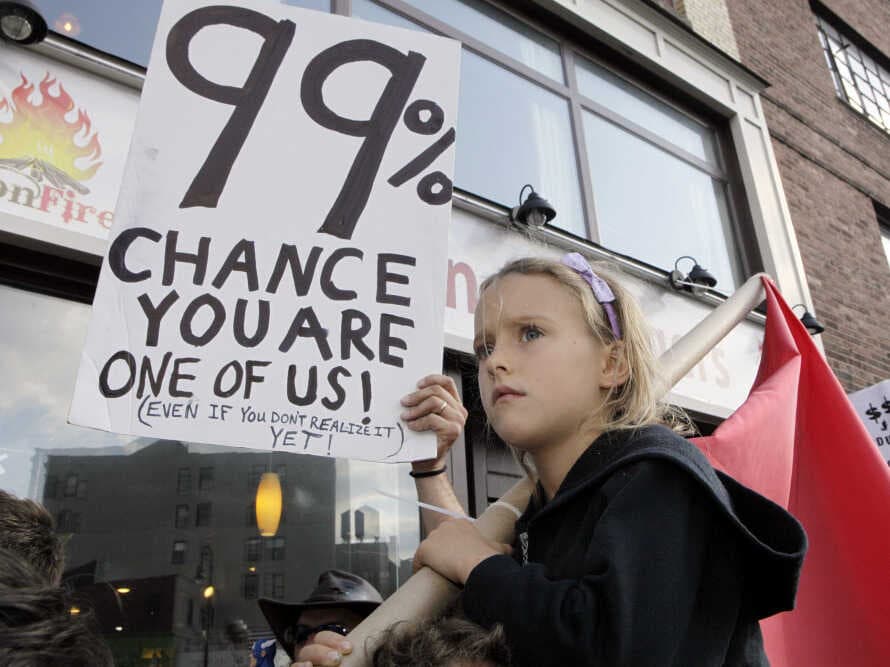The recent surge in subscribers for Occupy Democrats, reaching an impressive 30.2k in mere hours, reflects a critical shift in how voters engage with political content. As the political landscape becomes increasingly polarized, this rise is not just a testament to the channel"s appeal but a glaring indictment of the media"s failure to provide unbiased political coverage.
Media Bias Fails to Capture the Truth
According to a study published by PMC, while the perception of liberal media bias is rampant among conservatives, research indicates that most journalists do not intentionally skew their coverage against right-leaning narratives. This contradiction raises essential questions about how news is consumed and the narratives that dominate the public discourse.
Growing Polarization in News Coverage
A recent analysis of headlines across major U.S. outlets reveals a troubling trend. The University of Rochester study found that news stories covering domestic politics and social issues are becoming increasingly polarized. This polarization reinforces echo chambers and further alienates viewers from opposing viewpoints, making it more challenging for the electorate to make informed decisions.

Blue Jays Today on X: "BLUE JAYS TODAY OFFICIALLY HIT 30K ...
Partisan Media Shapes Voter Behavior
Research from Yale University demonstrates that partisan media significantly influences the voting behavior of its audience. Those who consume content from partisan outlets often find their views solidified rather than challenged. For a democracy to thrive, an informed electorate is critical; however, the current media landscape hinders this by filtering out unflattering information about favored political figures.
The Impact of Liberal and Conservative Media
According to a study from the University of Florida, both liberal and conservative media reinforce political beliefs, but the mechanisms differ significantly. Conservatives are more likely to seek out information that confirms their existing beliefs, while liberals often engage with a broader range of viewpoints. This disparity underscores the need for a media ecosystem that promotes diverse, fact-based narratives rather than one that merely caters to ideological preferences.

Opinion | Media bias is nothing new. - The Washington Post
Consequences for Democracy
The consequences of this media environment are dire. As Harvard scholars illustrate, the perception of media bias can lead to a generalized distrust in journalistic integrity, further fracturing the public"s understanding of critical issues. This disillusionment is palpable among younger voters, who increasingly turn to platforms like Occupy Democrats for information. The traditional media"s failure to adapt is leaving a vacuum that alternative outlets are eager to fill, albeit with their own biases.
As the subscriber count for channels like Occupy Democrats climbs, it highlights a pressing need for a media revolution. The current state of journalism must evolve to face the realities of a divided electorate. Democracy thrives on informed citizenry, and it is incumbent upon us to demand better from the media that shapes our political narrative.



![[Video] Gunfire between Iraqi security forces and Sadr militias in Baghdad](/_next/image?url=%2Fapi%2Fimage%2Fthumbnails%2Fthumbnail-1768343508874-4redb-thumbnail.jpg&w=3840&q=75)
